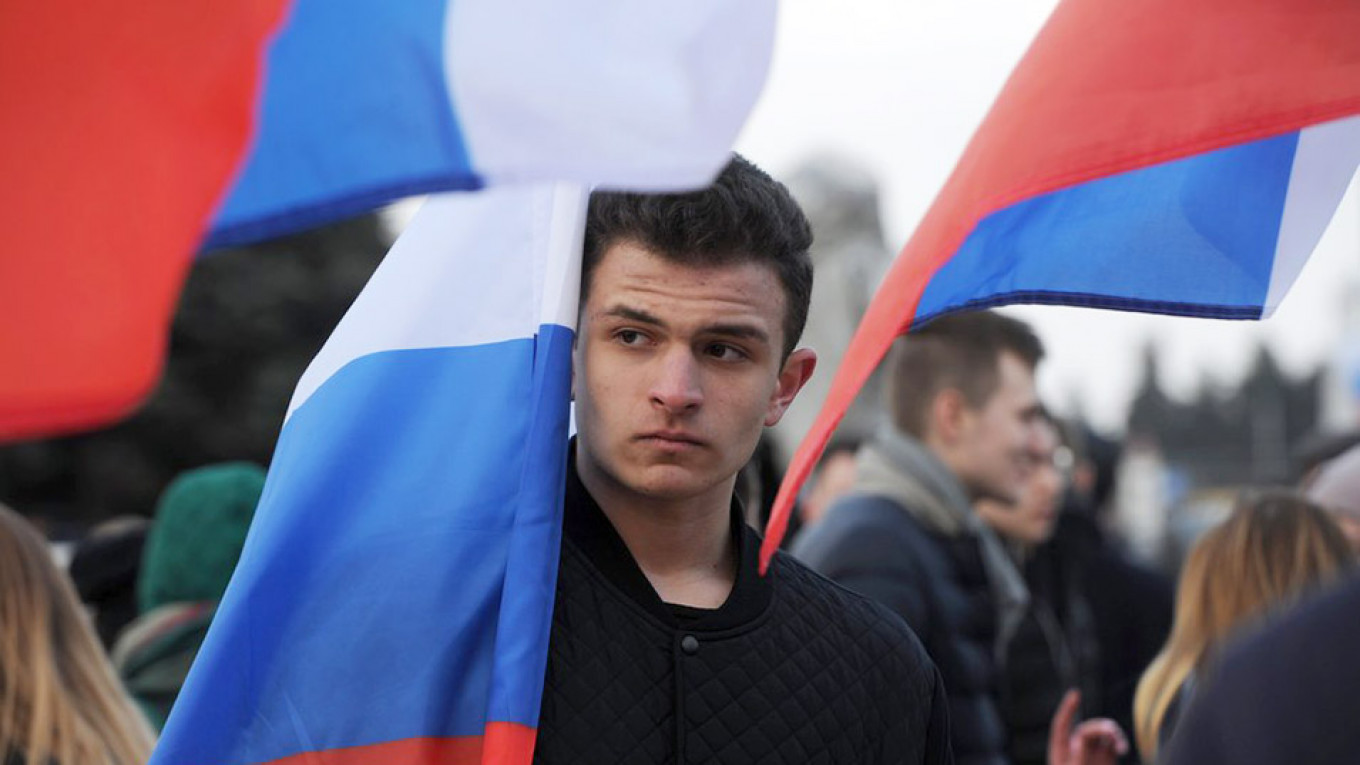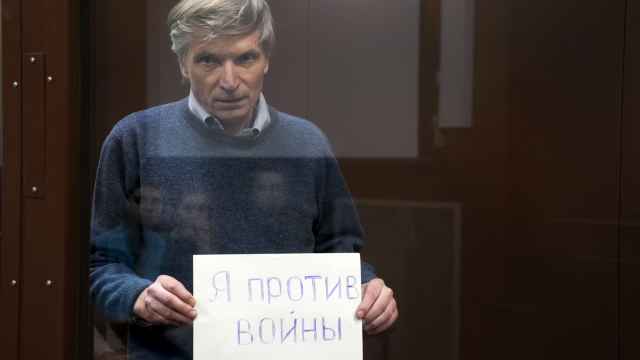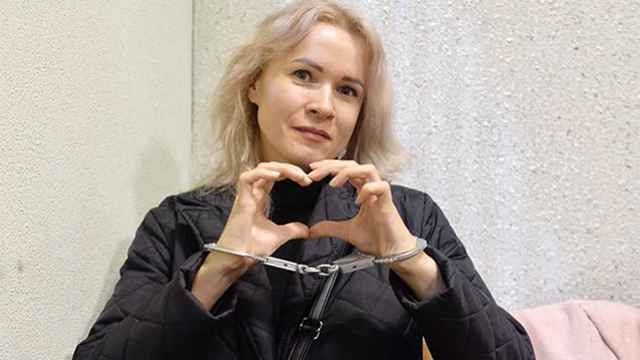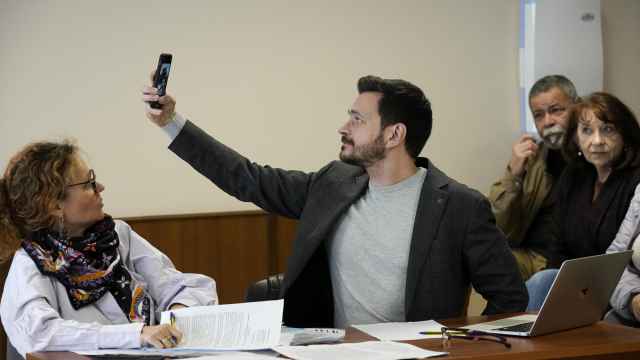Russians are viewing life as if through dark glasses, Valery Fedorov, the head of the Russian Public Opinion Research Center, said on Tuesday.
This expression reflects a general pessimistic sentiment; Russians can’t seem to understand when their quality of life will improve, which has resulted in falling government approval ratings. These ratings extend to president Vladimir Putin, whose development strategies for g the country have failed to imbue the Russian people of with optimism or be the harbinger of a brighter future.
According to surveys conducted by the Russian Public Opinion Research Center, the level of trust in President Putin is at an all-time low since 2006. In May 2019, only 33.1 percent of respondents stated that they would trust Putin with important state issues, compared to 47.4 percent in May 2018. The highest approval rating was recorded in May 2014 in the aftermath of the Crimean annexation, with a whopping 70 percent. This decrease in ratings is in part a result of a shift in what are considered to be “important state issues.”
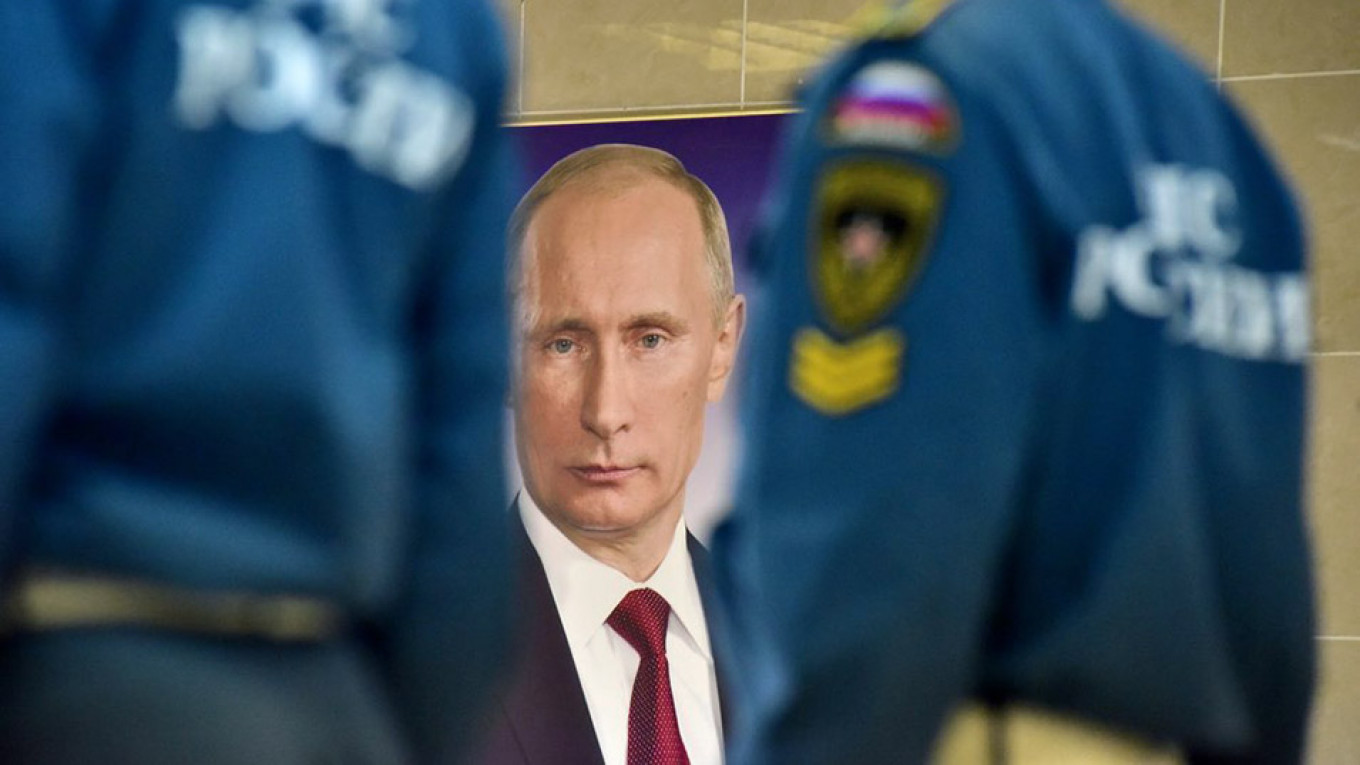
Despite a decline in living standards, foreign policy has superseded questions over domestic well-being over the past five years. This neglect of internal affairs has fostered a negative attitude among citizens, but has not necessarily generated criticism; 65.8 percent of survey participants still approve of the president’s activities. However, this approval might be attributed to the fact that many Russians simply do not see a viable alternative to President Putin.
And, despite the current shift away from foreign politics, from geopolitical victories to issues concerning day-to-day affairs, the government has not yet achieved any significant landmarks in the sphere of domestic policy. With the second year of President Putin’s fourth term right around the corner, as of this May, national development projects are being developed with an impressive budget of 25 trillion rubles.
But, according to political analyst Evgeniy Minchenko, the average person struggles to understand these new policies. In fact, Minchenko claims, it’s practically impossible to find anyone who can say anything concrete about the policies (in focus groups), indicating that while these projects are in the works in a bureaucratic sense, they have yet to make their way into the collective consciousness.
And this is not surprising considering the president is simultaneously playing the role of the visionary, supplier and demander.
The fact that Putin’s approval ratings are falling can’t help but worry the elite — especially since it will be that much harder for a president who does not have the full faith of his people to explain why he should remain behind the wheel or hand (the country) over to a chosen successor after 2024.
It is nevertheless also important, too, to note that belief in achieving a brighter future is equally part of Putin’s political legacy. According to Minchenko, a lot of work has been done in terms of attempting to establish a brighter future, but the fruits of this labor have yet to fully materialize.
The power of Martin Luther King’s “I have a dream” vision is not something that can be translated into Russia in 2019. And while stability is generally considered a good thing — and something that used to be a source of national pride — it can easily turn sour if only negative aspects of domestic policy remain stable.
Conversely, a sense of societal pessimism does not necessarily spell trouble for the Kremlin. Without a doubt, the government would like to be loved, says political analyst Mikhail Vinogradov, but the current situation suits the Kremlin just fine. Growing disappointment and apathy are far more comfortable than a new wave of political activism., Dark glasses aren’t just a symbol of pessimism after all, but of distance and disengagement too.
This article was originally published in Vedomosti.
A Message from The Moscow Times:
Dear readers,
We are facing unprecedented challenges. Russia's Prosecutor General's Office has designated The Moscow Times as an "undesirable" organization, criminalizing our work and putting our staff at risk of prosecution. This follows our earlier unjust labeling as a "foreign agent."
These actions are direct attempts to silence independent journalism in Russia. The authorities claim our work "discredits the decisions of the Russian leadership." We see things differently: we strive to provide accurate, unbiased reporting on Russia.
We, the journalists of The Moscow Times, refuse to be silenced. But to continue our work, we need your help.
Your support, no matter how small, makes a world of difference. If you can, please support us monthly starting from just $2. It's quick to set up, and every contribution makes a significant impact.
By supporting The Moscow Times, you're defending open, independent journalism in the face of repression. Thank you for standing with us.
Remind me later.


